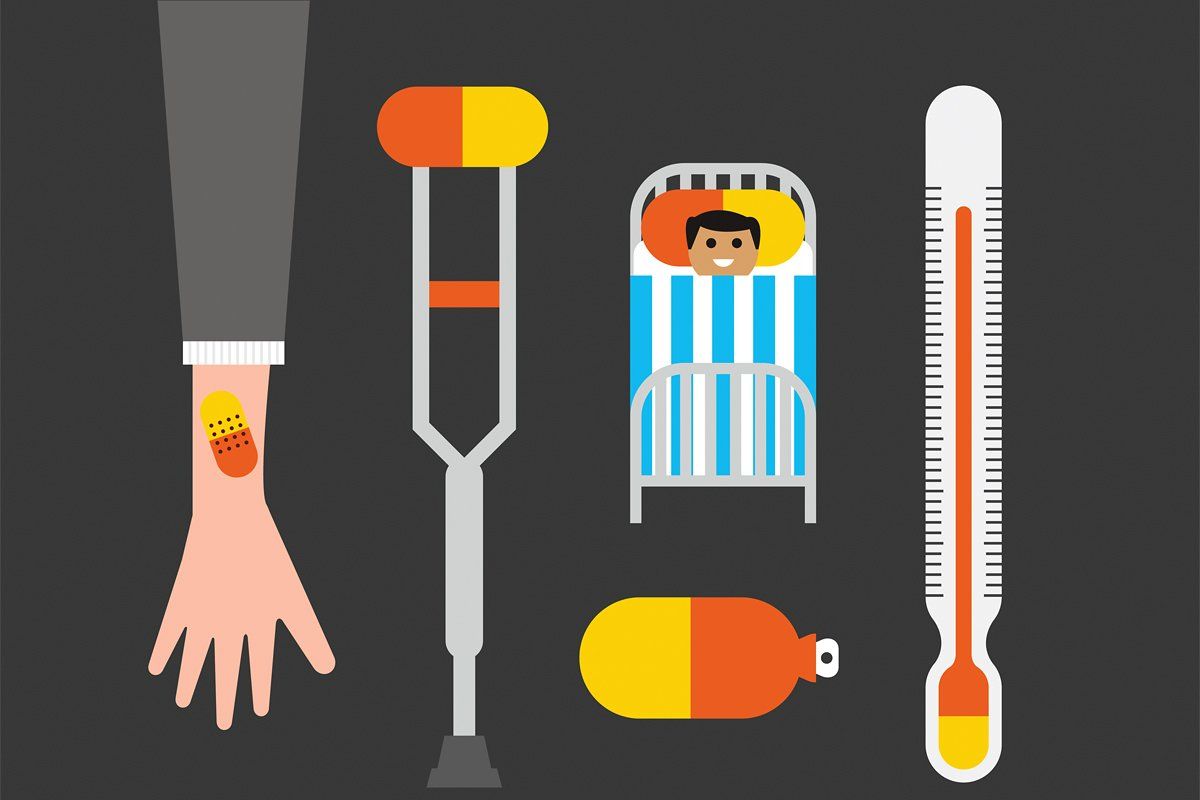
A recent report in The New England Journal of Medicine showed that amantadine, a previously approved medication, might have a new use. Originally prescribed to prevent influenza during outbreaks, it also accelerates improvement in patients with traumatic brain injury. This isn't the first time amantadine has surprised. Years after it was first approved, in 1966, it was given to residents of a nursing home during a flu outbreak. Unexpectedly, the movement problems for many patients with Parkinson's disease improved. Voilà: a new drug indication was born.
This type of pharmaceutical coincidence is not rare. For example, Viagra started out as a mediocre blood-pressure pill; its effectiveness as a tumescent was a side effect. Just two weeks ago, a large study showed that aspirin, the ultimate medicinal chameleon, may lower risk for yet another disease. Once a simple pain medication, then a thinner of blood and protector against heart attacks and strokes, aspirin now may also prevent multiple types of cancer.
Few discoveries spark more excitement than these kind of serendipities. But the temptation to try an already approved drug for a puzzling disease may overwhelm reasoned judgment. Consider vitamin E, once the next great thing, which when taken in big daily doses turned out to increase the risk of death; or today's darling, statins, taken by some to prevent everything bad but recently found to increase the risk for diabetes.
Our only protection against this sort of irrational exuberance is that most despised bureaucratic habit: regulation. In flush times, regulation seems like mindless red tape promulgated to satisfy someone's sadistic taste. Yet the absence of regulatory prudence is what we all decry when a poorly inspected airplane, crib design, or elevator repair results in a death: where were the regulators when we needed them?
The news about amantadine (and aspirin) is exciting, but we must proceed with caution. The health-care debate has long struggled to reconcile the need for innovation with safety precautions, a balancing act that cannot be settled but one where both sides are worthy of our trust. A lurch in either direction is the only action that guarantees disaster.
Uncommon Knowledge
Newsweek is committed to challenging conventional wisdom and finding connections in the search for common ground.
Newsweek is committed to challenging conventional wisdom and finding connections in the search for common ground.





